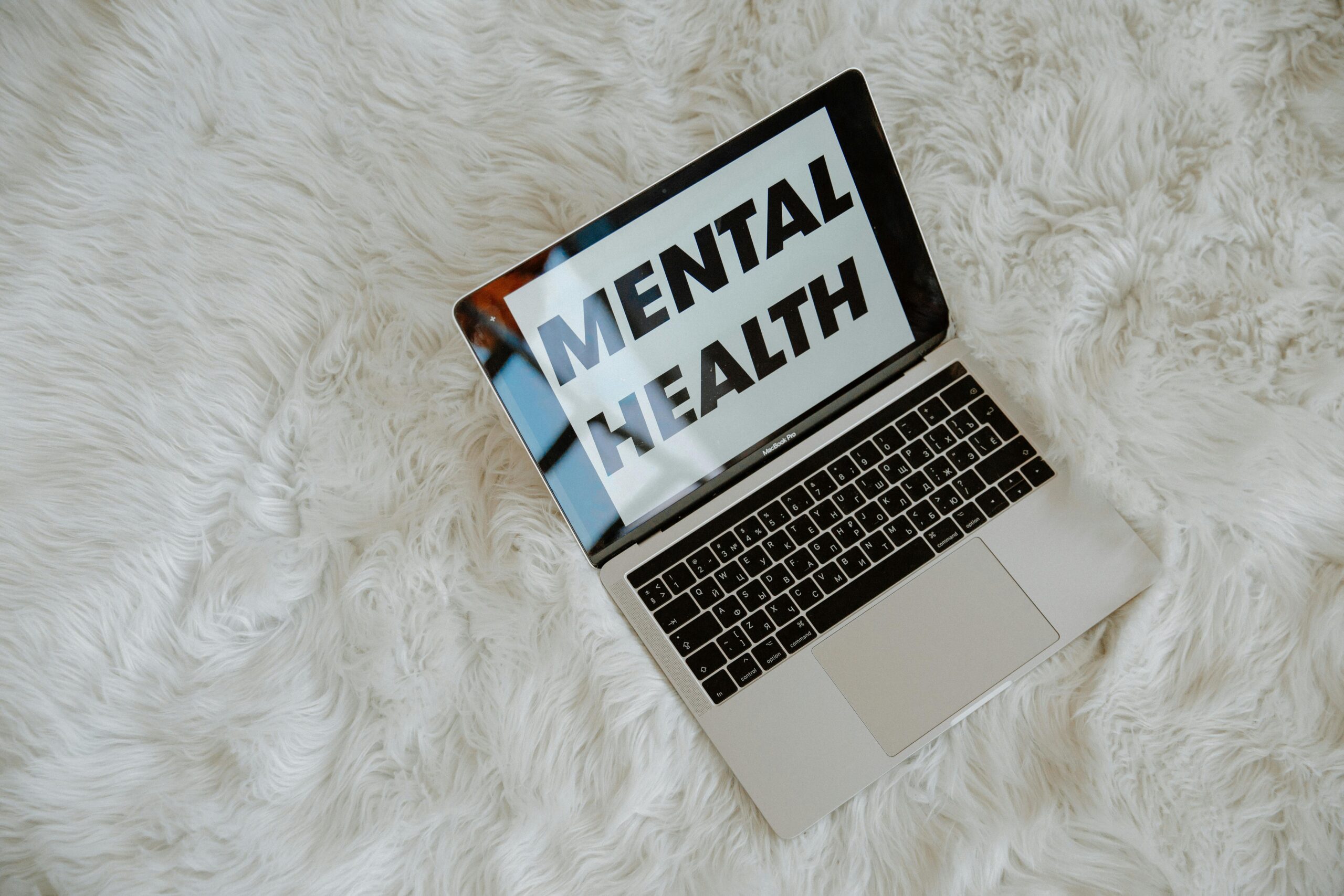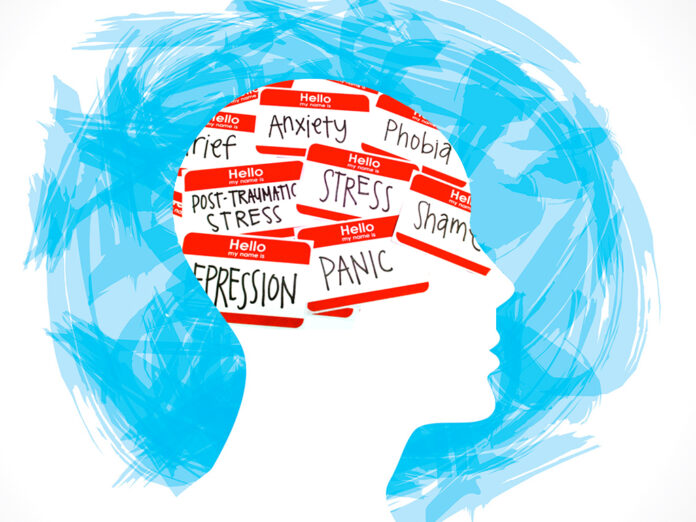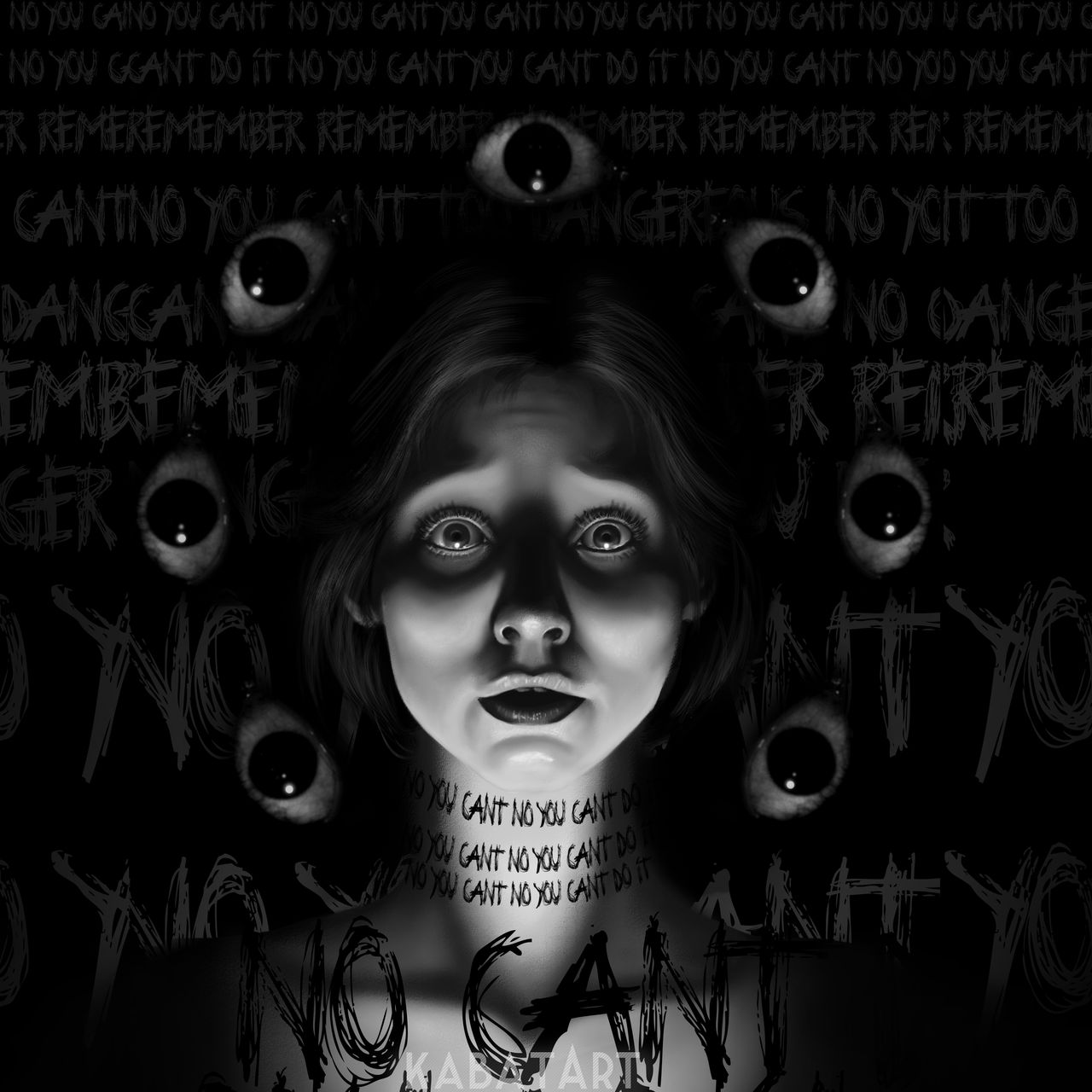In a world where depression, anxiety, and burnout are all too widespread, top mental health apps in 2025 are stepping up to offer quick, easy, and reasonably priced support. Millions of people now prioritize mental health daily, making it no longer a niche issue. Smartphones are now providing access to skills that were previously only available through in-person treatment, as more people daily seek flexible ways to maintain their emotional well-being.
With awareness of mental health issues at an all-time high, particularly in the wake of the pandemic, individuals are using technology for mindfulness, stress management, treatment, and rest. You can now meditate, talk to qualified therapists, track mood swings, and even study cognitive behavioral techniques more easily than ever before, thanks to these applications. With thousands of mental health applications available, it can be challenging to determine which ones are reliable and worthy of your time.
The top mental health apps of 2025 are discussed in this post; they are those that have received positive reviews from consumers, have scientific support, and are jam-packed with useful features. Apps for anxiety management, sleep enhancement, and mindfulness are available, and we’ve thoroughly examined and ranked them according to user satisfaction and real-world efficacy.
Why Mental Health Apps Matter More Than Ever in 2025
The need for easily available, reasonably priced, and individualized mental health care has never been higher in 2025. Fast-paced lifestyles, social media pressure, economic instability, climate worry, and the emotional scars from the pandemic years are all contributing factors to the global mental health crisis. Traditional therapy is still very important, but it’s frequently costly, geographically restricted, or difficult to fit into a hectic schedule. This is where applications for mental health are really helping.
Using our phones, these apps are transforming the way we care for our minds. Whether it’s through guided meditations, mood tracking, AI-powered therapy chatbots, or real-time support, mental health applications in 2025 are more intelligent, inclusive, and successful than ever.
Here’s why they’re more important than ever:
✅ 1. Availability Anywhere, Anytime
Apps for mental health remove obstacles by providing round-the-clock assistance, wherever you may be. Help is only a tap away, regardless of where you are—no appointments or lengthy waitlists are necessary.
✅ 2. Reasonably Priced Therapy Alternatives
Weekly treatment sessions are out of reach for many people, particularly those without insurance. Apps for mental health offer low-cost or free options that can offer daily support and direction without breaking the budget.
✅ 3. Tailored and Information-Based Assistance
Modern apps use AI and machine learning to customize recommendations according to your personal objectives, stress levels, and mood patterns. Over time, this individualized strategy improves engagement and outcomes.
✅ 4. Assists in Developing Healthful Routines
These applications promote everyday mental wellness practices that have long-term advantages, such as gratitude journals, CBT exercises, and meditation reminders.
✅ 5. Lessens the stigma associated with mental health
It may feel more comfortable and private to use an app rather to visit a clinic in person. People who would normally feel ashamed or judged can now seek support without fear thanks to this unobtrusive access.
✅ 6. Enhances Conventional Therapy
These days, a lot of mental health specialists suggest apps as extra resources. They assist patients in maintaining focus on their treatment objectives and practicing procedures in between sessions.
✅ 7. Customized to Meet Every Age and Need
Apps for mental health created especially for kids, youths, adults, and elders will be available in 2025. There’s probably a specific app that works for you, regardless of whether you’re dealing with anxiety, ADHD, PTSD, or just plain stress.
Apps are becoming more than simply “nice to haves” as mental health gains global attention; they are vital resources in the struggle for emotional stability. Not only are the top mental health apps of 2025 fashionable, but they are also changing people’s lives on a daily basis.
1. Headspace: The Best Overall Mental Health App
Why it’s #1 in 2025: Headspace has long been the gold standard for meditation and mindfulness, and it only gets better with age.
What’s new in 2025:
-
Personalized meditation programs based on emotional check-ins
-
AI mindfulness coach for daily motivation
-
Expanded content in multiple languages
Top features:
-
Guided meditations
-
Sleepcasts and music for deep sleep
-
Mindful fitness and breathing exercises
With its soothing interface and scientifically supported practices, Headspace continues to be a favorite among professionals, students, and even therapists.
⭐ App Store Rating: 4.8/5
💰 Pricing: Free basic plan; premium from $12.99/month
2. Calm: Best for Anxiety and Stress Relief
Calm remains one of the best mental health apps 2025 thanks to its elegant, immersive experience designed to melt stress away.
Why users love it:
-
Daily Calm sessions that reduce cortisol levels
-
Celebrity-narrated sleep stories
-
Breathwork tools to instantly calm nerves
2025 upgrades:
-
Real-time emotional tracking with AI suggestions
-
New “Focus Music” for work and study
-
Personalized anti-anxiety plans
Calm is especially effective for those experiencing regular anxiety, performance stress, or difficulty sleeping due to overthinking.
⭐ App Store Rating: 4.7/5
💰 Pricing: Free version available; full access for $69.99/year
3. BetterHelp: Best for Real Online Therapy
If you’re looking for actual human connection, BetterHelp tops the list in 2025 as the most accessible therapy platform via app.
Standout features:
-
One-on-one licensed therapy via chat, video, or phone
-
Matching with therapists based on preferences
-
Flexible scheduling and therapist swapping
What’s new in 2025:
-
Multilingual therapists in 20+ languages
-
“On-Demand Check-Ins” via smart AI in-between sessions
-
Free journal prompts and self-help videos
While not free, BetterHelp is more affordable than traditional therapy and offers unmatched convenience.
⭐ App Store Rating: 4.6/5
💰 Pricing: From $60/week billed monthly
4. MoodMission: Best Free Mental Health App
Budget-conscious? MoodMission is one of the best mental health apps 2025 that doesn’t require a paid plan to be effective.
How it works:
-
Suggests activities (“missions”) based on your current mood
-
Encourages behavioral activation and positive coping
-
Backed by clinical research
Perfect for those managing mild depression or seeking structure without therapy, this app gives actionable steps for better mood regulation.
⭐ App Store Rating: 4.4/5
💰 Pricing: Free; donations optional
5. Sanvello: Best for Cognitive Behavioral Therapy (CBT)
Sanvello stands out for its structured, CBT-based tools used by psychologists around the world.
Best for:
-
Those managing chronic stress, depression, or negative thinking
-
People who want a guided self-help CBT experience
2025 updates include:
-
AI insights from journal entries
-
New community support groups
-
Progress charts for therapy integration
Sanvello bridges the gap between therapy and daily mental wellness practices, making it a great companion for ongoing care.
⭐ App Store Rating: 4.6/5
💰 Pricing: Free limited access; Premium from $8.99/month
6. Youper: Best for Teens and Young Adults
Youper has risen in popularity in 2025 among younger users due to its emotionally intelligent AI chatbot and engaging design.
Why it works:
-
Conversations with a virtual assistant trained in psychology
-
Daily emotion tracking
-
Self-help exercises that feel like a game
Latest features:
-
Teen crisis response tool
-
Custom “Mental Health Toolkit” based on mood trends
-
Integration with Apple Health and wearable devices
It’s ideal for Gen Z users who prefer digital self-help over traditional therapy.
⭐ App Store Rating: 4.5/5
💰 Pricing: Free basic plan; Premium from $5.99/month
7. Pzizz: Best for Sleep and Recovery
Sleep is the foundation of mental health, and Pzizz helps users wind down with scientifically optimized soundscapes.
Features:
-
Sleep, nap, and focus modes
-
Dreamscapes using binaural beats and psychoacoustics
-
Voice-guided wind-downs
2025 Enhancements:
-
Personalized sleep profiles
-
Smart alarm with mood logging
-
Baby sleep sounds for parents
If insomnia, restlessness, or poor-quality sleep is hurting your mental health, Pzizz might be your perfect fix.
⭐ App Store Rating: 4.6/5
💰 Pricing: Free limited access; full version $49.99/year
8. Shine: Best for Mindfulness and Gratitude
Shine is proudly inclusive and empowering—especially for BIPOC, LGBTQ+, and underrepresented communities.
Top tools:
-
Daily meditations and motivational texts
-
Gratitude journaling
-
“Shine Talks” from diverse mental health experts
2025 features:
-
Mood-sharing groups based on identity
-
Daily affirmations sent via SMS
-
Trauma-informed meditations
Shine promotes community, connection, and confidence—making it one of the best mental health apps 2025 for building inner strength.
⭐ App Store Rating: 4.8/5
💰 Pricing: Free basics; $11.99/month for premium
New Mental Health Apps to Watch in 2025

A new generation of mental health applications is starting to appear in 2025, delivering distinctive, specialized features that appeal to a larger and more varied audience, even while well-known behemoths like Headspace and Calm still rule the market. These cutting-edge platforms are addressing the mental health needs of a tech-savvy youth by fusing AI, neuroscience, and holistic design.
The following are a few of the most exciting new applications for mental health that you should watch this year:
🌱 1. Tide Mind
Focus: Mindfulness, Stress Reduction, Nature-Based Therapy
Why it stands out:
Tide Mind combines ambient nature sounds, minimalist visuals, and AI-driven mood syncing to create a deeply calming experience. It tailors soundscapes to your emotional state in real-time, helping users unwind, focus, or sleep better. With an eco-therapy twist, this app taps into the healing power of sound and natural rhythm.
Top Features:
-
Real-time AI mood detection
-
Guided “forest bathing” audio sessions
-
Daily check-ins with personalized ambient playlists
💬 2. InnerHour
Focus: Structured Self-Care with Clinical Backing
Why it stands out:
Designed by leading clinical psychologists, InnerHour offers structured, science-based programs for anxiety, depression, and burnout. It delivers daily action plans that blend CBT, mindfulness, and motivational psychology—all within a simple interface. Think of it as a pocket-sized self-help therapist.
Top Features:
-
“Relief Toolkits” for panic or distress
-
Therapist-approved activities and checklists
-
Mood and habit tracking for self-improvement
📔 3. Reflectly 2.0
Focus: AI-Powered Journaling and Emotional Insight
Why it stands out:
Reflectly has undergone a major upgrade in 2025. Now powered with GPT-based AI, Reflectly 2.0 doesn’t just record your journal entries—it analyzes them to reveal emotional patterns, suggest coping techniques, and craft personalized affirmations based on your mindset.
Top Features:
-
Emotion-based journaling prompts
-
Daily mindset score and mood analysis
-
Smart affirmations generated from journal data
👨👩👧 4. Circlespace
Focus: Group Healing and Peer Support
Why it stands out:
Circlespace is designed for people who heal better in community. Whether you’re grieving, managing chronic illness, or struggling with trauma, this app lets you join virtual support circles moderated by trained guides. It blends anonymity, empathy, and shared experience for collective healing.
Top Features:
-
Live audio support groups
-
Moderated discussion forums by topic (grief, PTSD, anxiety)
-
Resource library created by mental health professionals
🧘 5. MeMind
Focus: Daily Mental Fitness and Neuroplasticity
Why it stands out:
MeMind approaches mental health like a gym for your brain. With short, gamified exercises backed by neuroscience, the app is built to boost cognitive resilience, focus, and emotional intelligence. Perfect for high-performers and wellness junkies.
Top Features:
-
Brain-training games with mental health benefits
-
Mindset coaching challenges
-
Emotional intelligence assessments
The definition of digital mental wellbeing is being expanded by these recent developments. These entrants present intriguing opportunities as the best mental health apps 2025 develop further, particularly for consumers looking for more individualized, creative, or community-driven approaches to mental health.
How to Choose the Best Mental Health App for You
In 2025, there will be so many apps for mental health that it’s easy to feel overloaded. It’s acceptable that not every app will work for everyone. Finding the ideal mental health app for you requires knowing your particular requirements, tastes, and way of life. The app you choose can have a significant impact on your path to emotional wellness, regardless of whether you’re looking for anxiety support, daily mindfulness reminders, or access to a certified therapist.
The following wise actions and advice will help you make your choice:
✅ 1. Define Your Goal
Start by identifying what you need most help with:
- Managing stress or anxiety? Try using apps like Calm or Tide Mind for breathwork or meditation.
- Do you require counseling or therapy? Choose expert platforms such as InnerHour or BetterHelp.
- Are you trying to focus or sleep better? Use programs such as Tide Mind or Pzizz.
- Do you want tools for self-reflection or journaling? For you, Reflectly 2.0 might be ideal.
✅ 2. Seek Clinical Support or Expert Participation
Select apps that are either
- developed with assistance from therapists or psychiatrists
- Using well-established techniques in mental health (such as cognitive behavioral therapy or mindfulness-based stress intervention)
- Applications that provide evidence-based tools with a higher chance of success include Sanvello, InnerHour, and Headspace.
✅ 3. Evaluate the User Experience—
In fact, an app that is confusing or cluttered can make users feel more stressed. Pick an app that:
- The UI is simple to use.
- mild notifications that don’t bother you
- allows you to customize features according to your pace.
- Use free trials or freemium business models to try the service out before committing.
✅ 4. Maintain Confidentiality and Privacy
Read the app’s privacy statement at all times. Verify it:
- doesn’t disclose or sell your mental health information.
- provides encrypted chat and safe log-ins (particularly for treatment apps).
- allows you to request the deletion of your data.
- Since protecting your information is so personal, it should not be optional.
✅ 5. Fit the App to Your Way of Life
- Look for an app that offers brief, on-demand sessions if you’re constantly on the go.
- Do you like calm evenings? Seek out tools geared toward writing or sleep.
- Do you require accountability? Make use of applications with coach-like features, reminders, or streaks.
- Your likelihood of sticking with an app and seeing benefits increases with how well it integrates into your everyday routine.
✅ 6. Examine Actual User Reviews
Examine Reddit posts and app store reviews before committing. Seek out:
- Regular compliments or grievances regarding aspects that are important to you
- Bugs, the caliber of customer service, or unforeseen fees
- The experiences of other users can save you money and time.
You can locate a tool that actually supports your mental health objectives by carefully assessing your wants and the app’s features. The greatest applications for mental health in 2025 will enable you to feel better every day, and the ideal one is only waiting for you.
Can Apps Replace Real Therapy?
Many people are wondering if mental health applications can take the place of conventional, in-person therapy as they become more sophisticated and widely available. The simple answer is that they can be a powerful supplement to your journey toward mental wellbeing, but not totally.
📱 What Apps for Mental Health Can Do: By 2025, mental health apps have advanced much beyond basic timers for meditation. They provide amazing value with tools like guided journaling, CBT-based activities, AI-powered mood tracking, and even real-time discussions with therapists. How they assist is as follows:
- Offer prompt assistance during times of stress or emotion.
- Encourage the development of everyday routines like deep breathing, thankfulness, and awareness.
- Provide scalable, reasonably priced resources for those unable to receive therapy.
- Provide anonymous assistance to people who are ashamed or stigmatized.
Apps are a convenient way for many consumers to get started with mental health care. They work particularly well for tracking mood, improving sleep, reducing minor anxiety, and increasing emotional awareness.
🚫 Things Apps Cannot Do:
Even the top mental health applications of 2025 have drawbacks despite all of their advantages:
- No actual diagnosis: Apps are unable to evaluate risk or diagnose mental health conditions in the same way that a licensed therapist can.
- Limited emotional depth: AI and preset reactions don’t have the same compassion and understanding as a qualified expert.
- More is required in complex cases: App-based help is insufficient for diseases such as bipolar disorder, severe depression, PTSD, and addiction.
- No therapeutic relationship: Digital tools cannot replace the trust, accountability, and understanding that human therapists provide.
💡 The Ideal Strategy: A Mixture
Experts in mental health advise using a hybrid strategy, which involves using apps in addition to treatment rather than instead of it. Applications can:
- Assist patients in applying the skills they have gained in sessions.
- Offer assistance in between appointments.
- Promote regularity through emotional check-ins, journaling, or meditation.
Apps should be viewed as mental health aids rather than a panacea. Apps can serve as a useful stopgap until professional care becomes available for people who are unable to attend therapy because of financial constraints, scheduling conflicts, or geographic limitations.
💬 What’s Your Go-To Mental Health App?
We’ve shared some of the best mental health apps 2025, but now we want to hear from you!
👉 Which app has helped you the most with your mental well-being?
🧘♀️ Do you swear by guided meditation?
🗣️ Prefer AI chat therapy?
😴 Or maybe a sleep app changed your life?
Drop your favorite in the comments and let us—and other readers—know what works for you. Your experience could help someone else take the first step toward better mental health. 💚
And don’t forget to share this article (Quicknewsfeed) with friends, family, or coworkers who could use a little extra support this year.


